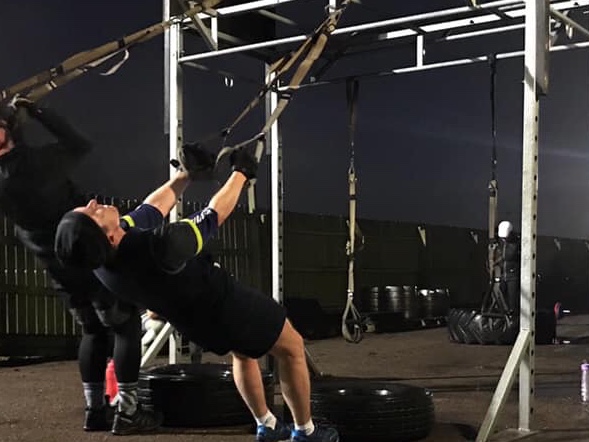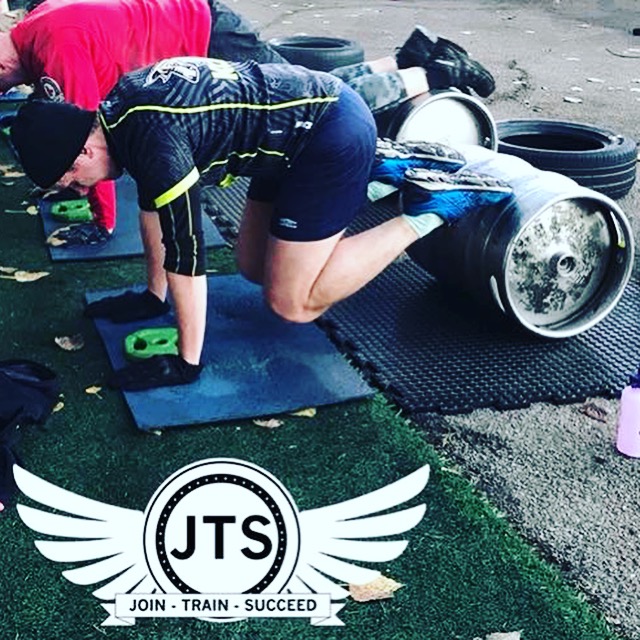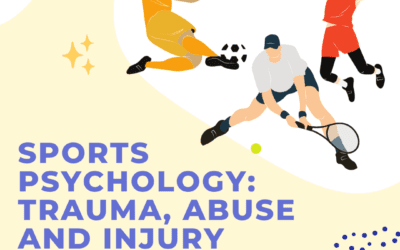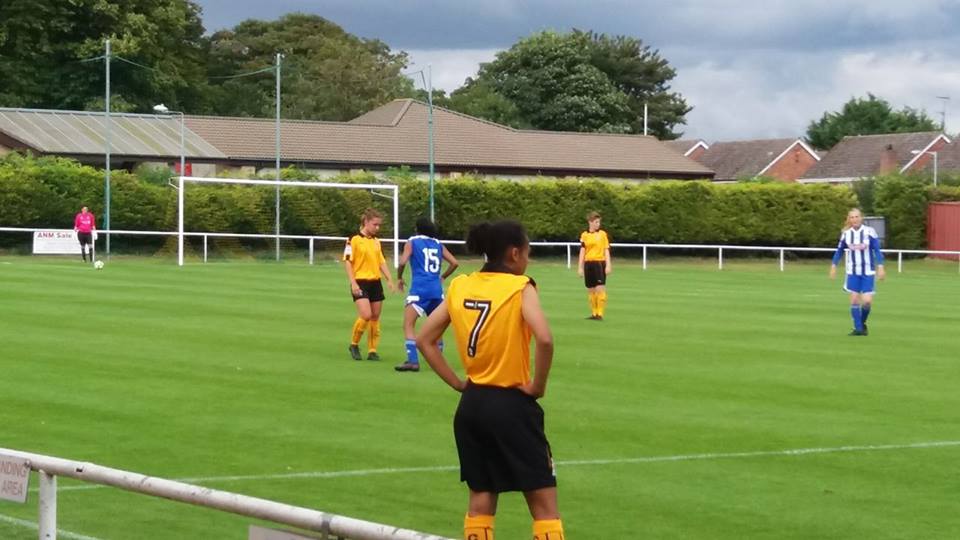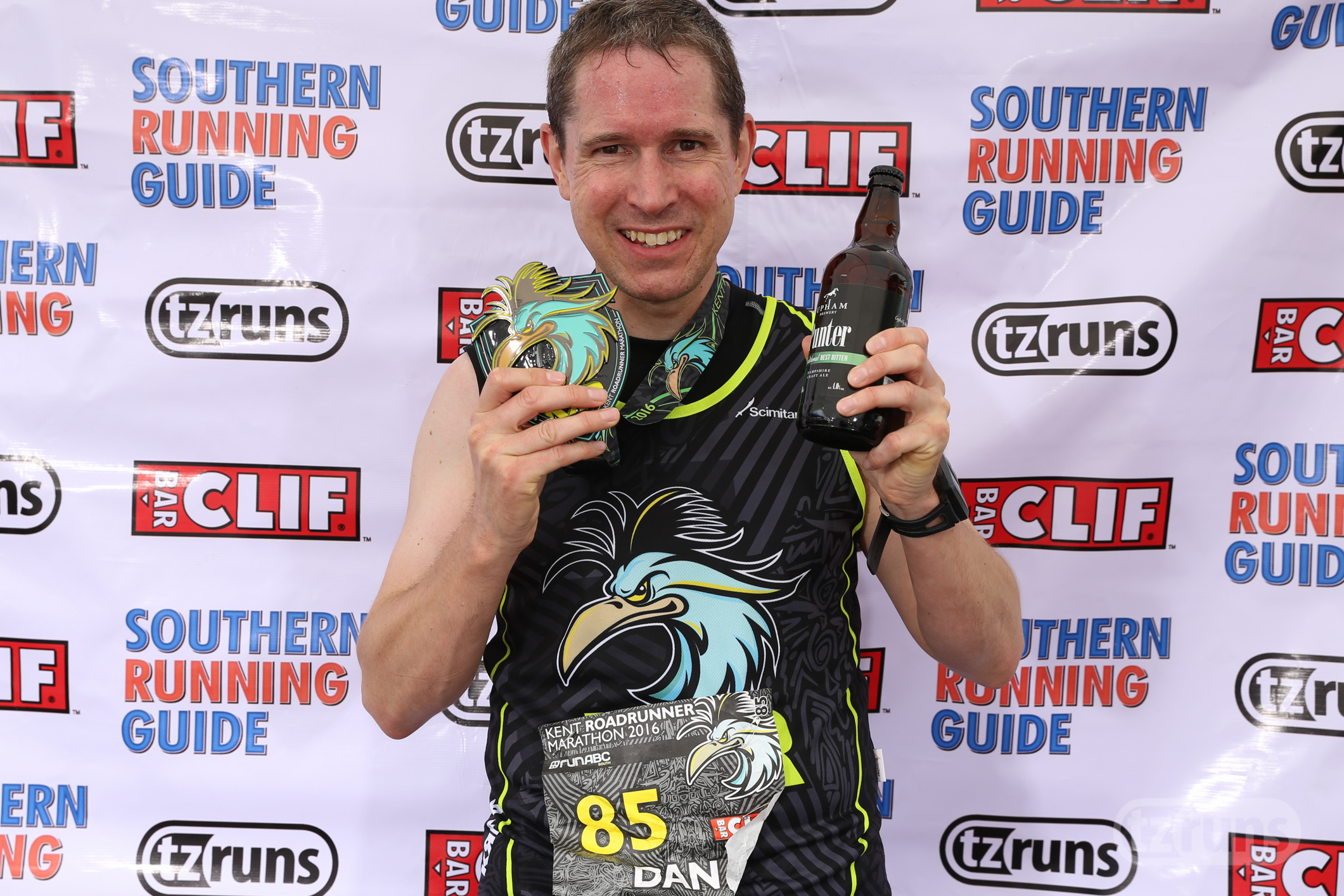Required
Confidence, Self-Esteem and Sports Performance – Hypnotherapy Testimonial
Confidence, Self-Esteem and Sports Performance – Hypnotherapy Testimonial:
Recently I write a blog all about the evidence supporting the use hypnosis for sports performance and improvement (read it here: Hypnosis For Sports Performance – Research and Evidence).
The other Sunday, several of my clients were busy taking part in the Cambridge Half Marathon, while at the same time I was just happy to get out for a 5k run around Ely as I continue my running comeback after injury. There is nothing quite like the feeling after a good run or other form of exercise; you feel better physically and mentally (and, of course, exercise is so good for your mental health. For more on this have a look here: Ely Festive 5k 2019 and Why You Should Get Running For Your Mental Health).
And recently one of my clients popped into the office and very kindly recorded a video hypnotherapy testimonial about how her sessions not only helped with confidence and self-esteem, but also how they helped with her sports performance. Have a watch!



